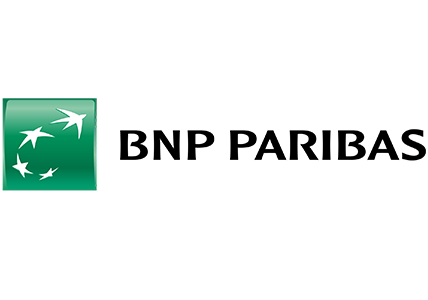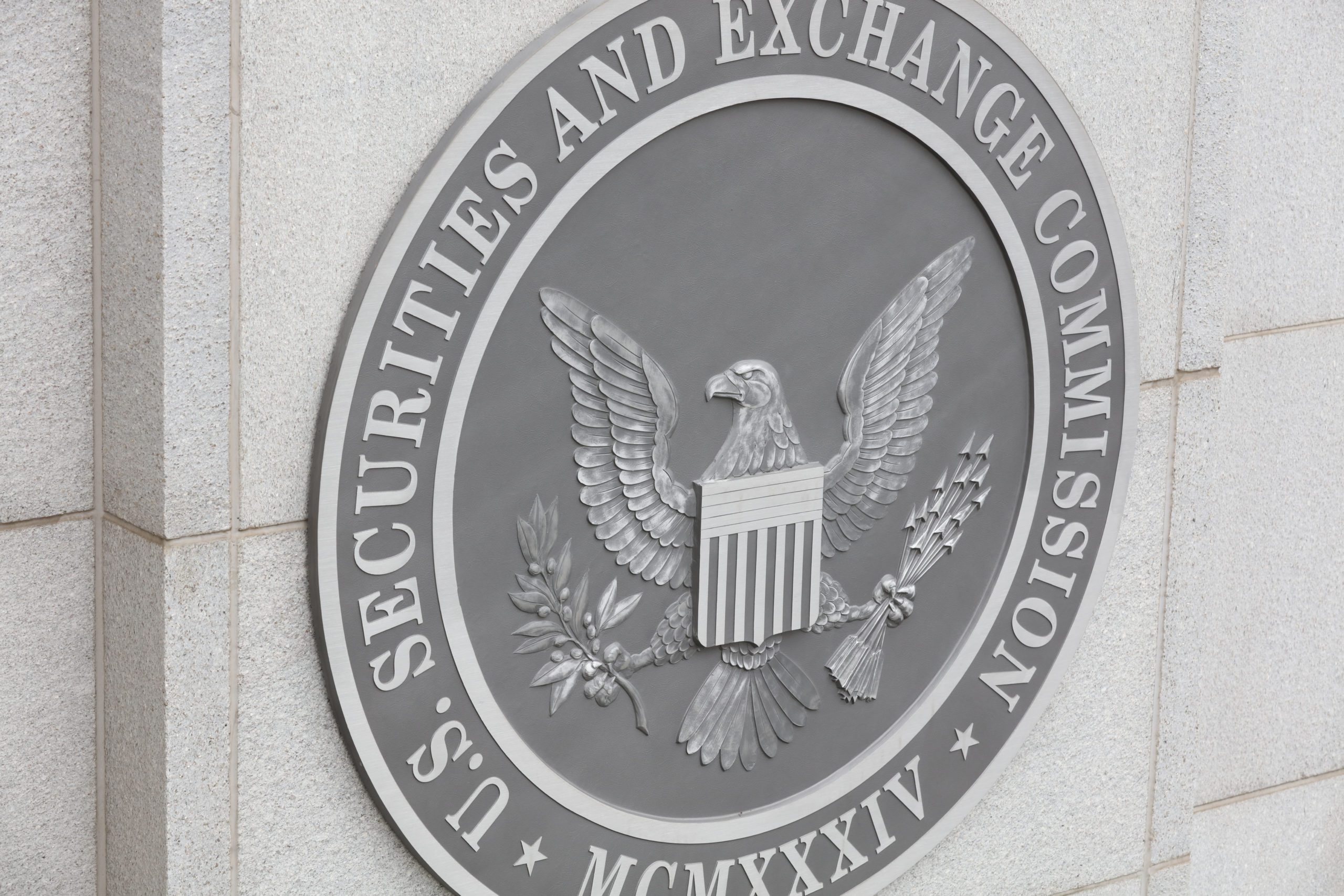By Dan Byrne for AMLi
THE WORLD’S seventh-largest bank has asked for the dismissal of a lawsuit that could further link it with alleged crimes against humanity in Sudan.
BNP Paribas said that its connection to the Sudanese government during a time of civil unrest in the country did not merit the severity of the lawsuit, Westlaw Today and Reuters reported Friday.
While the bank admits that it did act as a government bank for Sudan during the country’s political turmoil in the mid-2000s, it was not liable for the atrocities committed by that government during this time.
Those atrocities compounded to be one of the worst humanitarian crises of the decade, resulting in killing, detention, torture and displacement of hundreds of thousands of people in Sudan – particularly the western Darfur region – at the hands of government forces.
Alleged victims of these atrocities have now come together to file the lawsuit which BNP Paribas is seeking to have dismissed.
BNP Paribas’ legal representative Carmine Boccuzzi told a US court that the bank’s actions were “too far removed” from the harm caused by Sudanese forces.
“There’s no allegation here that BNPP was consciously cooperating with Sudan with respect to the attacks,” Boccuzzi said.
However, the bank did admit that it had helped the Sudanese government bypass US sanctions and continuously access US markets during the height of the conflict – in some instances to buy weapons which were used against citizens domestically, reports claimed.
Meanwhile, legal representatives of the victim refugees claimed that the bank should have been aware that its actions were contributing to human rights violations, and that BNPP went “far beyond” ordinary banking in terms of services provided to the Sudanese government.
US District Judge Alison Nathan reserved decision on the motion Thursday. She had previously ruled that Swiss courts should be overseeing the case since the banking services were provided by BNPPs branch in Geneva.
However, she noted during this hearing that there were discrepancies in how Swiss law should frame the case, with competing opinions on both sides.
Share this on:
Follow us on:











